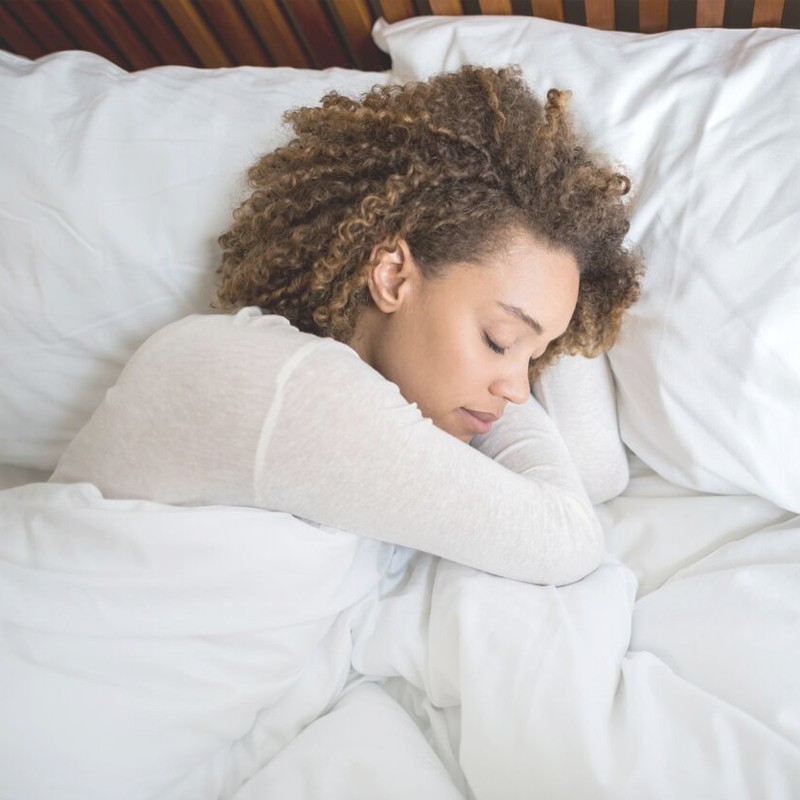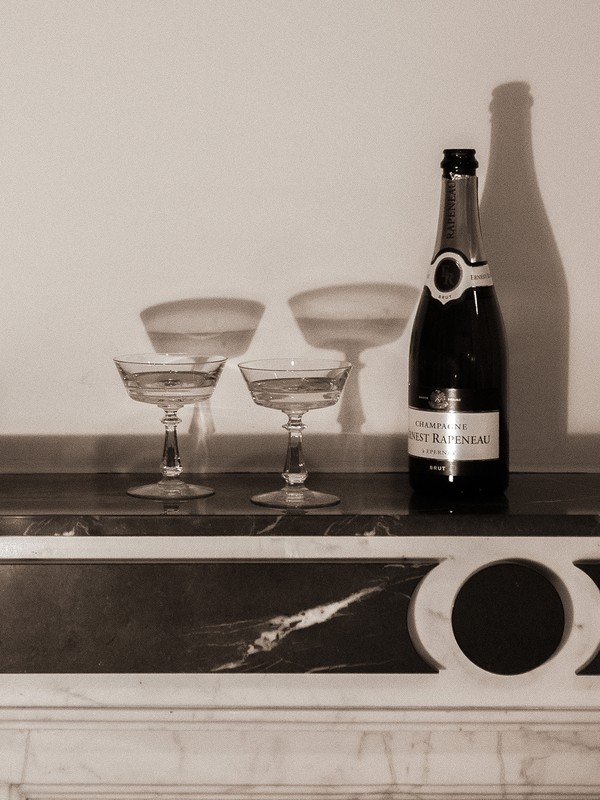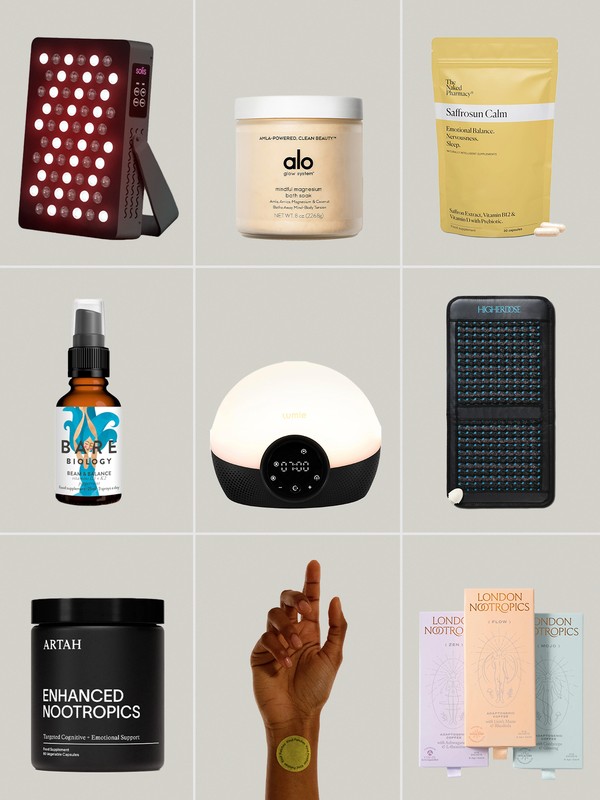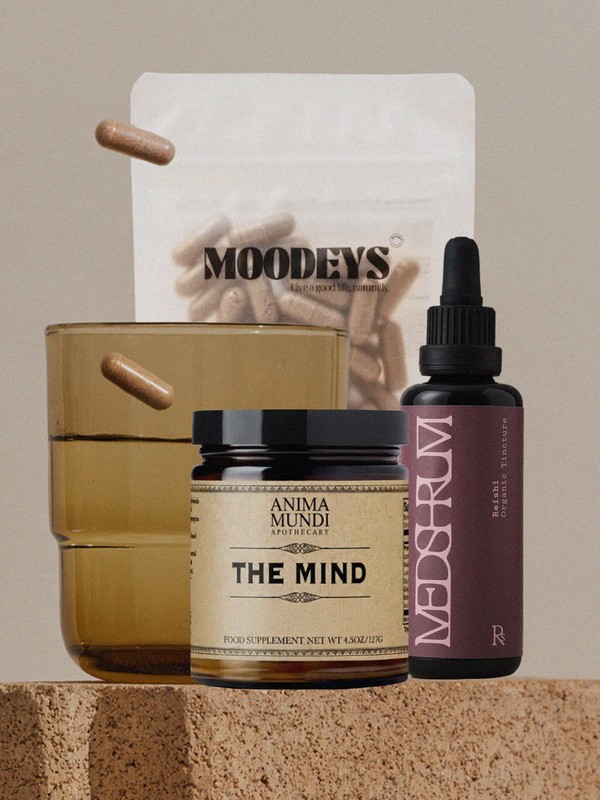Too Much Sleep Could Be Worse For You Than Too Little
How often do you find yourself spending your Saturday morning in bed? For many of us, the weekend is a time to catch up on all those precious zzz’s we lost during the week, so we switch off our alarms, pop on an eye mask and let ourselves snooze for as long as we can. We like to think of it as our weekend ritual – after all, only a crazy person would wake up early voluntarily when they don’t need to.
However, new research suggests that sleeping for longer than the recommended eight hours can actually be detrimental to your health. We know what you’re thinking – please don’t take away our favourite vice in this cruel, cruel world – and we hate to say it, but unfortunately there’s some pretty rigorous science behind the claims.
Researchers looked at data from 74 studies involving over 3m participants found that self-reported sleep duration of more than eight hours was associated with increased risk of death, with those sleeping more than ten hours a night being 30% more likely to die prematurely than those sleeping for eight. Sleeping for longer than ten hours also increased the risk of death from a stroke by 56% and risk of death by cardiovascular disease by 49%.
So, does this really mean we’re going to have to forgo our Saturday morning slumber? And how do we catch up if we’re tired? As with most things in life, prevention is better than cure. Rather than lying in, try to establish and maintain better sleep patterns so that you’re not overtired. As Dr Eleanor Atkins, Clinical Fellow from Bupa UK explains, “The perfect amount of sleep for one person is not the same for another, but everyone should try to aim for between seven to nine hours each night.”
If you’re struggling to fall asleep, try and better your bedtime routine. “There are lots of ways to try and get a better night’s sleep, the most important being improving your bedtime habits,” Atkins says. “Try to relax before you drift off by making your room dark, quiet and a comfortable temperature, as light can interrupt or shorten your sleep. Try not to keep a clock by your bed; you’re more likely to check the time if you wake up in the middle of the night which can disrupt your sleep.”
Atkins recommends practicing mindfulness and meditation to help ease stress and tension, along with limiting your technology use in the evenings. “We find it easier to fall asleep when there’s nothing pre-occupying our minds,” she says. “One of the main culprits keeping us up at night is our smart phones, so if you’re accustomed to a speedy stalk before going to sleep – stop. The lights from electronic devices can keep us awake, so avoid using your phone, laptop or tablet an hour before bedtime and keep your phone away from the bed.”
The doctor also advises avoiding alcohol, caffeine and heavy meals just before bed. “But don’t worry too much,” she adds. “The study is referring to those who regularly sleep longer than the recommended amount – the occasional lie in won’t cause any harm at all!”
DISCLAIMER: We endeavour to always credit the correct original source of every image we use. If you think a credit may be incorrect, please contact us at info@sheerluxe.com.






